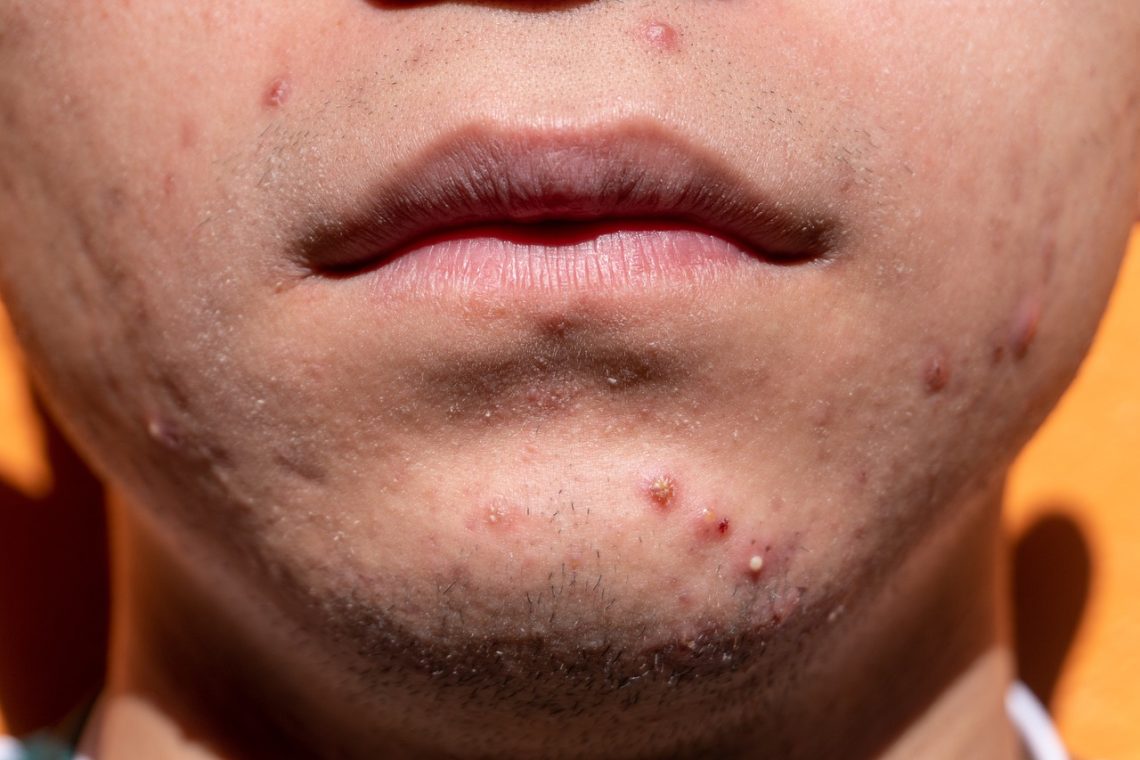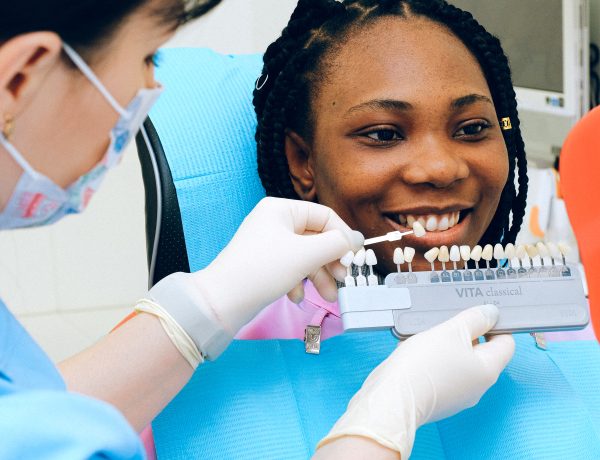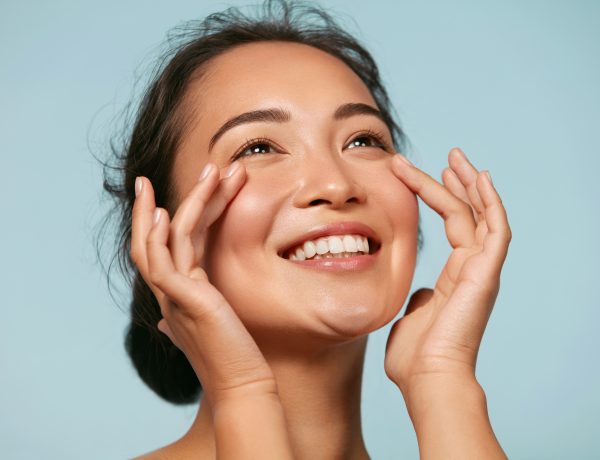Acne is a widespread skin issue that affects countless people across the globe, with a particular prevalence during adolescence and young adulthood. This condition manifests as pimples, blackheads, whiteheads, and sometimes cystic or nodular lesions, primarily appearing on the face, neck, chest, back, and shoulders. While acne does not pose a threat to one’s life, it can significantly impact an individual’s self-confidence and overall quality of life. In severe cases, acne can even lead to permanent scarring, making early and effective treatment a crucial priority.
What Causes Acne?
Acne develops when hair follicles become clogged with oil and dead skin cells. This can be influenced by several factors, including:
Hormonal Changes: Hormonal fluctuations during puberty, menstrual cycles, and pregnancy can increase oil production and contribute to acne.
Genetics: Some people are genetically predisposed to developing acne due to their skin type, oil production, and inflammatory responses. Additionally, certain cosmetic and hair care products can clog pores and contribute to acne breakouts.
Stress: High levels of stress can stimulate the production of hormones that increase oil production and worsen acne.
Medications: Certain medications, such as corticosteroids, testosterone, and lithium, can trigger or exacerbate acne.
Diet: While not a direct cause, research suggests that diets high in refined carbohydrates and dairy products may influence acne severity.
Treatment Options
There are several treatment options available for acne, depending on the severity of the condition and individual needs. Let’s take a look.
Over-the-Counter Treatments
Benzoyl Peroxide: This active ingredient helps to kill acne-causing bacteria and dry out pimples.
Salicylic Acid: This beta-hydroxy acid helps to unclog pores and remove excess oil and dead skin cells.
Retinoids: Over-the-counter retinoids, such as adapalene, can help to regulate skin cell turnover and prevent clogged pores.
Prescription Treatments
Topical Retinoids: Prescription-strength retinoids, like tretinoin or tazarotene, are often more effective than over-the-counter options.
Oral Antibiotics: Antibiotics, such as erythromycin or doxycycline, can help to reduce inflammation and kill acne-causing bacteria.
Hormonal Treatments: For women with hormonal acne, birth control pills or spironolactone can help regulate hormones and reduce oil production.
Isotretinoin: Also known as Accutane, this powerful medication is reserved for severe, treatment-resistant acne and requires close monitoring due to potential side effects.
Alternative Therapies
Light Therapy: LED skincare devices use blue and red light wavelengths, which can help to kill acne-causing bacteria and reduce inflammation. You can do this at home by buying red light therapy at home products.
Chemical Peels: Glycolic acid or salicylic acid peels can help to exfoliate the skin and unclog pores.
Lifestyle Changes: Stress management, a balanced diet, and regular exercise can help support overall skin health and potentially improve acne.
Acne is a common skin condition that can be effectively managed with the right treatment approach. By working closely with a dermatologist, you can find a personalized treatment plan that addresses your specific acne concerns. With patience and consistency, it is possible to achieve clearer, healthier skin and regain confidence. It’s important to consult with a dermatologist to determine the most appropriate treatment plan, as acne can have emotional and psychological impacts if left untreated.
Read more beauty and skin care articles at ClichéMag.com
Images provided by Deposit Photos, BingAI, Adobe Stock, Unsplash, Pexels, Pixabay & Creative Commons



